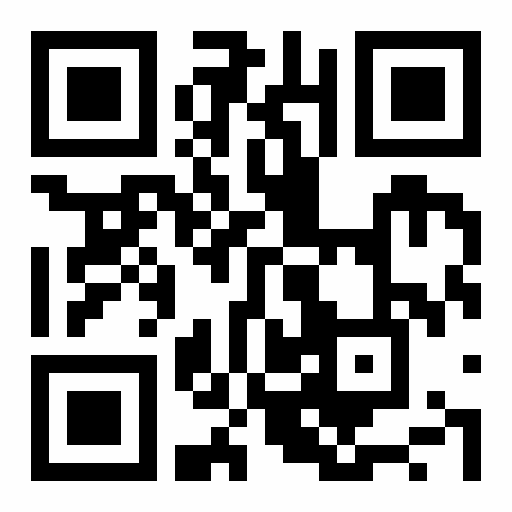




Introduction: Athletes have traditionally consumed various types of nutritional supplements for their ergogenic benefits on the body since ancient times and many use nutritional supplements without sufficient consideration of possible negative consequences. The extensive use of nutritional supplements among exercisers in gyms has never been investigated in Saudi Arabia. Objective: The ultimate aim of this paper was to assess the prevalence of nutritional supplements intake and to adequately explore influencing factors and reasoning for the intake among people exercising in gyms in Al-Hasa City, Saudi Arabia. Methods: This is a cross-sectional study of 250 Saudi participants, aged between 10 to 40 years old that attend the commercial gyms in Al-Hasa City, Saudi Arabia. This comprehensive study was carried out between February 2019 and December 2019. A validated questionnaire was used which sought information on demographical parameters, the specific type and amount of physical activity, type of nutritional supplements, source of information, possible motivations, and influencing factors. Result: The intake of nutritional supplements was properly reported among 60% (95% confidence interval), most of them were young exercisers (20-30) with a bachelor's degree. Active participants who have been traditionally exercising strength training and for a longer duration were eagerly consuming nutritional supplements more frequently than others. Coach and online websites were the most reported sources of information. Sports drinks, protein powder, amino acid, and creatinine were the most consumed nutritional supplements by the active participants. Men were consuming supplements related to bodybuild more than women. The reasoning for the consumption of the nutritional supplements in the studied population was to build muscle and to lose weight with no regard for age or gender. Conclusion: Supplement consumption was widespread among the population studied. There is an urgent need to generously provide the public with appropriate education about nutritional supplements. The key findings of this illustrated paper could undoubtedly help nutritionists, coaches, and physicians to accurately identify the most common misconceptions about nutritional supplements.